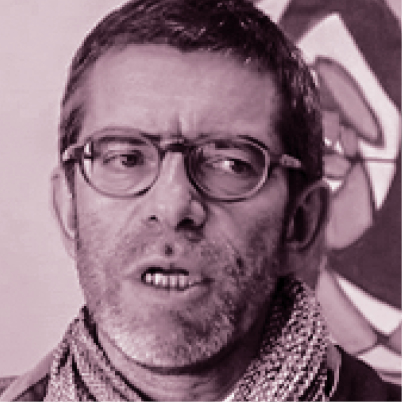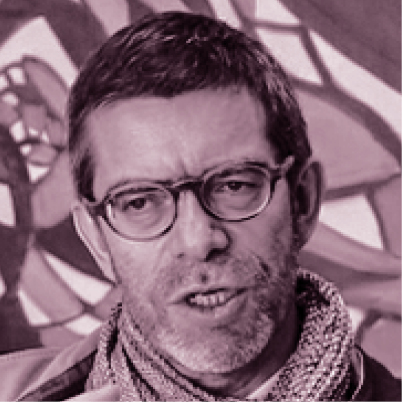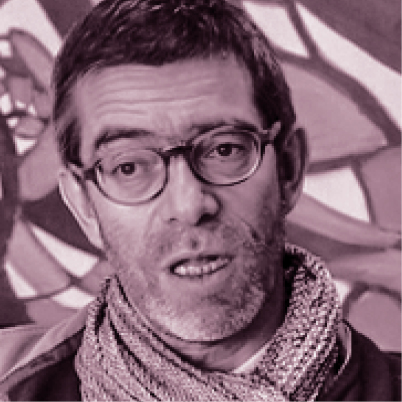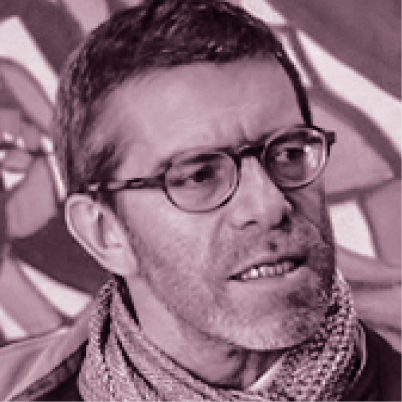I’d like to start with a brief appraisal of what we’ve achieved over the past few decades in matters concerning the environment and sustainability. Let me summarize the milestones on my mind first; you’ll probably have things you’d like to add. Back in the 1970s, the environment wasn’t a high priority in our business life. In Turkey, at least, we were more focused on how to overcome bottlenecks in raw materials, technology and so on in order to increase production. But those were the years, I believe, when academic interest in environmental matters rose. Publication of The Limits to Growth Club of Rome report in 1972 piqued the interest of business, but our main concern was the projected depletion of resources and how we might continue production.[1] Later in the 1970s the thinning of the ozone layer came to the fore, and people began to talk about associated risks; the issue was picked up by the media and more questions were raised. In recent years, the concept of sustainability has overtaken the earlier focus on the environment. It’s now one of our top priorities. Viewed in this light, I detect a very dramatic, very noticeable change in the world of business and our mindsets. Would the two of you agree?










